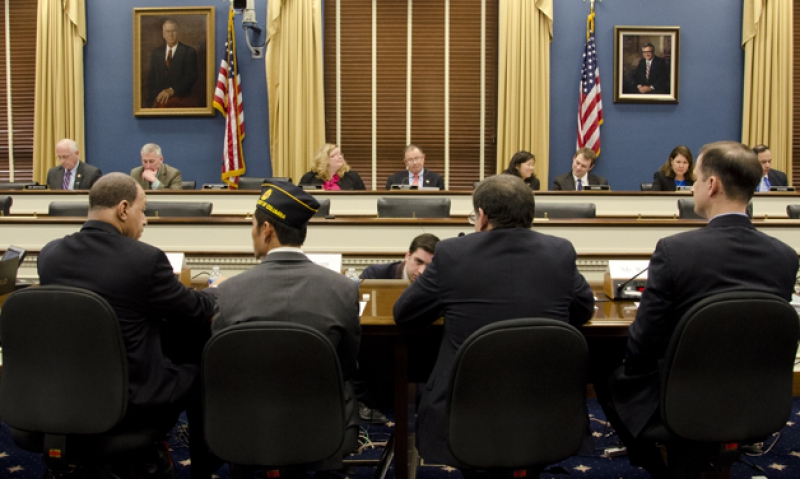
Removing ‘right of first refusal’ hindrance will help ease verification process for veteran-owned small businesses.
The Department of Veterans Affairs is promising to relax another rule that, according to The American Legion, can be detrimental to veteran-owned small businesses. Presently, according to American Legion Economic Division Assistant Director Davy Leghorn, VA looks suspiciously and unfavorably upon service-disabled veteran-owned small businesses (SDVOSBs) whose articles of incorporation or business structures contain a "right of first refusal" (ROFR) provision. An ROFR gives a particular chosen party or entity the automatic right to ownership of a company – unless that party refuses it – in case the original owner disposes of the business or terminates ownership through death, resignation or other means. Current VA business verification practice is to routinely deny a veteran-owned company with a ROFR in its makeup the preferential right to compete for certain federal contracts especially set aside for them.
That practice is being changed now, says the VA’s Tom Leney. Leney is executive director of the VA’s Office of Small and Disadvantaged Business Utilization. He appeared before a joint session of House Committee on Veterans Affairs and House Committee on Small Business subcommittees on March 19. In written testimony submitted to the congressmen, Leney said his agency will no longer routinely deny SDVOSBs permission to compete for the contracts in question simply because of "transfer restrictions that are part of normal commercial dealings, such as the right of first refusal." This, in VA’s new view, is because ROFRs in and of themselves "do not materially affect the ability of a veteran to unconditionally own or control the business."
Leghorn, who also testified in that same hearing, says that The American Legion has been encouraging VA to consider SDVOSB and veteran-owned small business applicants more on a case-by-case basis, rather than impose blanket, "sometimes capricious" rules upon all applicants that often discourage or even end veteran entrepreneurial aspirations.
Leney’s statement followed by just days another announcement of a VA small business verification rules change that benefits veterans. That one allows a competitor for VA’s "Veterans First" contracts to correct "minor deficiencies" in paperwork submissions, thus avoiding an automatic rejection of his or her application.
- Careers

